Bourns ACE-128 Absolute Contacting Encoder - 128 positions - QWIIC I2C interface - Arduino and Raspberry Pi support
Designed by Red Hunter in United States of America
Buy with confidence.
Our Tindie Guarantee protects your purchase from fraud. Learn More
NOW IN RED. The purple ones are gone. I need new pictures If you want this with 0.1" header or Grove connector click here I am no longer making units with the PCF8574 0x20 chip. Available while …
Read More…NOW IN RED. The purple ones are gone. I need new pictures
If you want this with 0.1" header or Grove connector click here
A digital control knob providing 128 unique results evenly spaced around a full circle. It is designed as a control panel knob and includes a nut and washer, but can be adopted for other uses. The module communicates via the I2C bus with choice of 16 addresses available.
This is an alternative to using a potentiometer and analog pin, allowing full-turn and multi-turn operation, and is not impacted by temperature variations.
The software includes optional automatic saving of logical zero and multi-turn offsets so that the system will automatically remember these settings after power down or reset.
It differs from the more common incremental rotary encoder which has only two or four values in a rotation and is designed to measure full rotations and direction. This measures angles.
The Bourns ACE-128 Absolute Contacting Encoder is, as far as I know, the smallest and cheapest gray code absolute encoder available today. From the datasheet
> Until now, the choice of an absolute encoder meant an expensive, and larger sized product. Through the use of combinatorial mathematics, the absolute code pattern of the Bourns® Absolute Contacting Encoder (ACE™) is placed on a single track for a very economical, energy efficient and compact product. Bourns® ACE™ provides an absolute digital output that will also retain its last position in the event of a power failure. An intelligent alternative to incremental encoders and potentiometers, the Bourns® ACE™ is ideally suited for many industrial, automotive, medical and consumer product applications.
The product listed here combines this sensor with an I2C backpack and library so multiple of these little wonders can be included in your next Arduino or Raspberry Pi project.
You may prefer this to using a potentiometer and analog pin on Arduino in applications where:
You may prefer this to using a rotary encoder where:
The module includes:
The software includes
The following options are available:
The original prototypes were made for a head-following mechanism for my Dalek dome and eye, using hand-made pcbs.
Two were used to convert wiper motors into high powered servos
A third was used to detect the operator's head rotation in a motion control headset
To support the ACE128 I wrote an Arduino library to handle the I2C communications and gray code translation. The device itself generates gray code which has to be converted to normal numbers before use, and that takes some binary math - especially if you connect the pins in a different order from the datasheet. This has now been ported to Python for the Raspberry Pi
My hobby progressed to manufacturing PCBs and SMD soldering, so I pulled this design out and made some up. The current units are made with lead-free solder using a steel stencil and Controleo2 derived reflow oven. Each unit is individually tested.
The ACE-128 is the smallest and cheapest absolute encoder available today. It uses some really ingenious mathematics in its design. This library and package are a unique solution for easily including precise digital knobs into Arduino and Raspberry Pi projects.
By default Arduinos with AVR controllers e.g. Arduino Uno will use the internal EEPROM. SAMD21 controllers e.g. Arduino MKR do not have state storage available by default as they do not have internal EEPROM. An I2C EEPROM can be used on either type by enabling it with a flag in the library.
Raspberry Pi saves to disk - I2C EEPROM support coming soon.
If using I2C EEPROM you only need one EEPROM per project, not one per module. If you already have an I2C EEPROM in your project you can use that, likewise you can use the chip in the encoder module to store other data, not just the module state. Storage uses 3 bytes per module, and there are 2048 bytes available in the optional EEPROM chip.
No country selected, please select your country to see shipping options.
No rates are available for shipping to .
Enter your email address if you'd like to be notified when High Resolution Absolute Encoder - QWIIC Edition can be shipped to you:
Thanks! We'll let you know when the seller adds shipping rates for your country.
| Shipping Rate | Tracked | Ships From | First Item | Additional Items |
|---|
International shipments include customs form, filled out correctly as merchandise with true sale value. Buyer may be charged customs duty and other fees by their postal service prior to delivery. These fees will vary by country and are the buyer's responsibility to research prior to purchase.
| Quantity | Price |
|---|---|
| 1-4 | $12.95 |
| 5-9 | $11.95 |
| 10+ | $12.95 |
Product: (5.00)
Documentation: (5.00)
Shipping: (5.00)
Communication: (5.00)
Matthew | March 15, 2025
Buy with confidence.
Our Tindie Guarantee protects your purchase from fraud. Learn More
Livermore, CA, United States of America
Ships from United States of America.
18 Reviews | 489 Orders
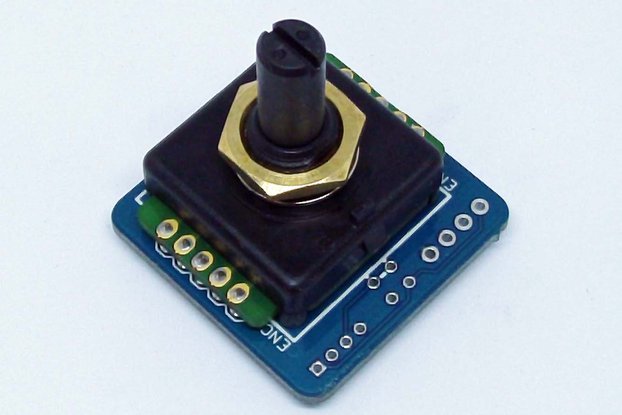
$26.95
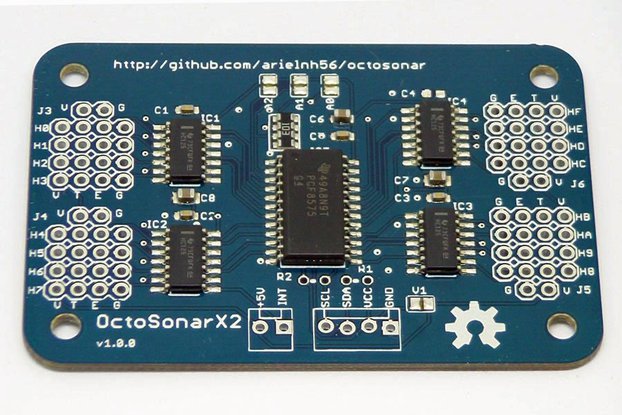
$24.95
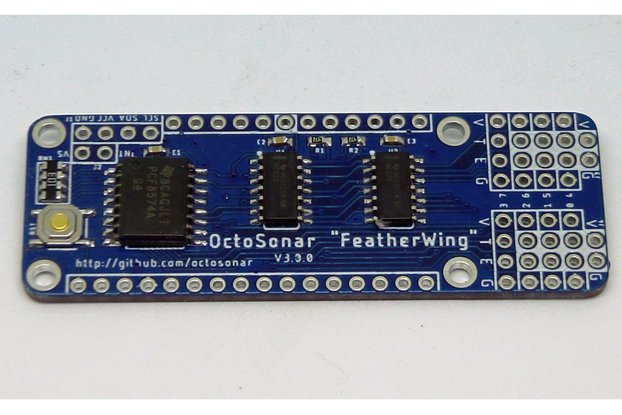
$19.95
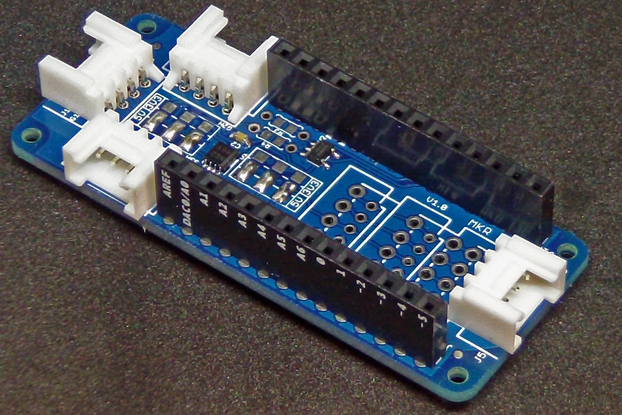
$9.95
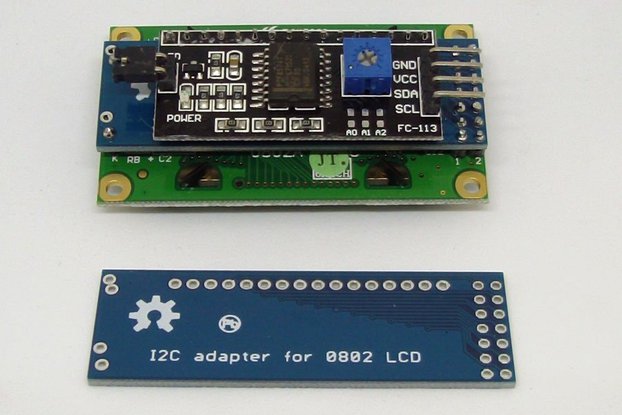
$1.00
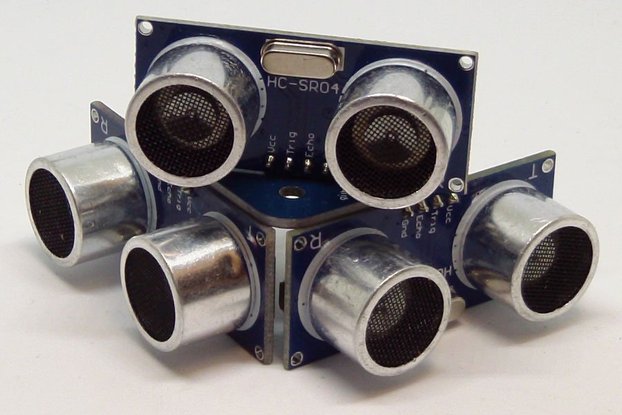
$3.95
By clicking Register, you confirm that you accept our Terms & Conditions
We recognize our top users by making them a Tindarian. Tindarians have access to secret & unreleased features.
We look for the most active & best members of the Tindie community, and invite them to join. There isn't a selection process or form to fill out. The only way to become a Tindarian is by being a nice & active member of the Tindie community!
